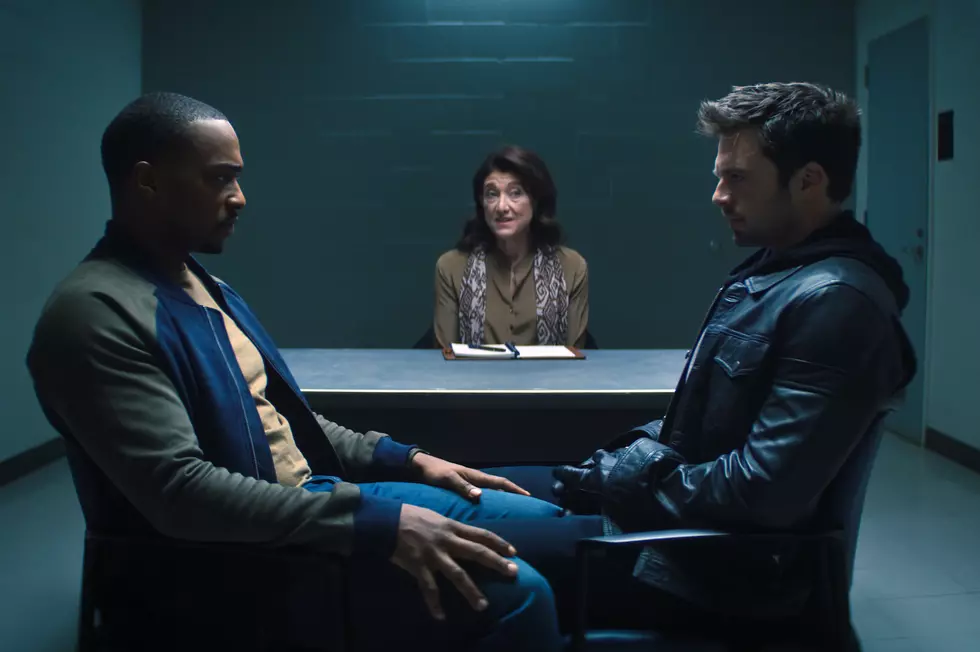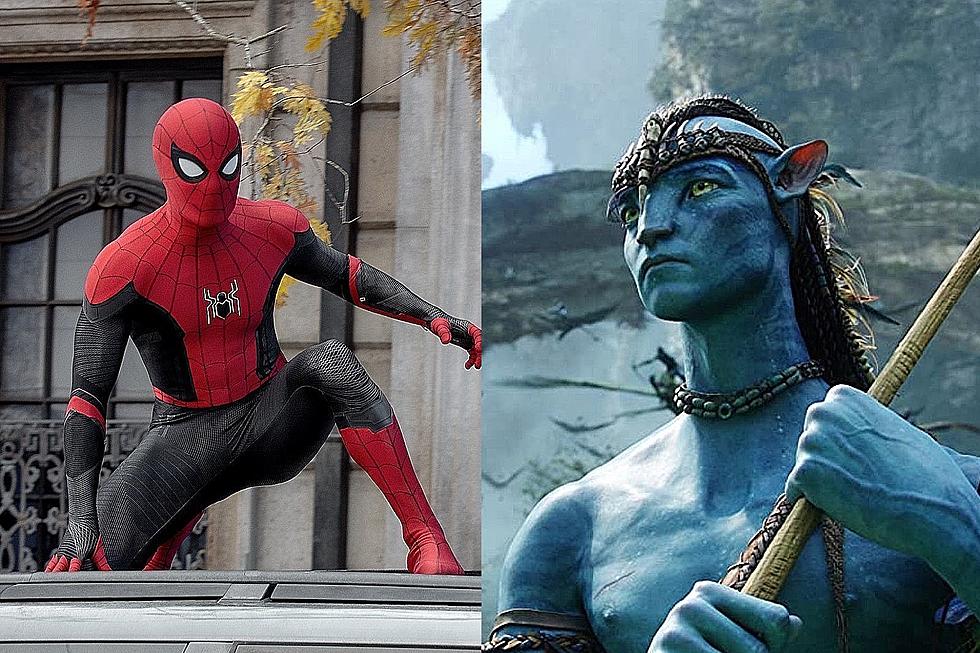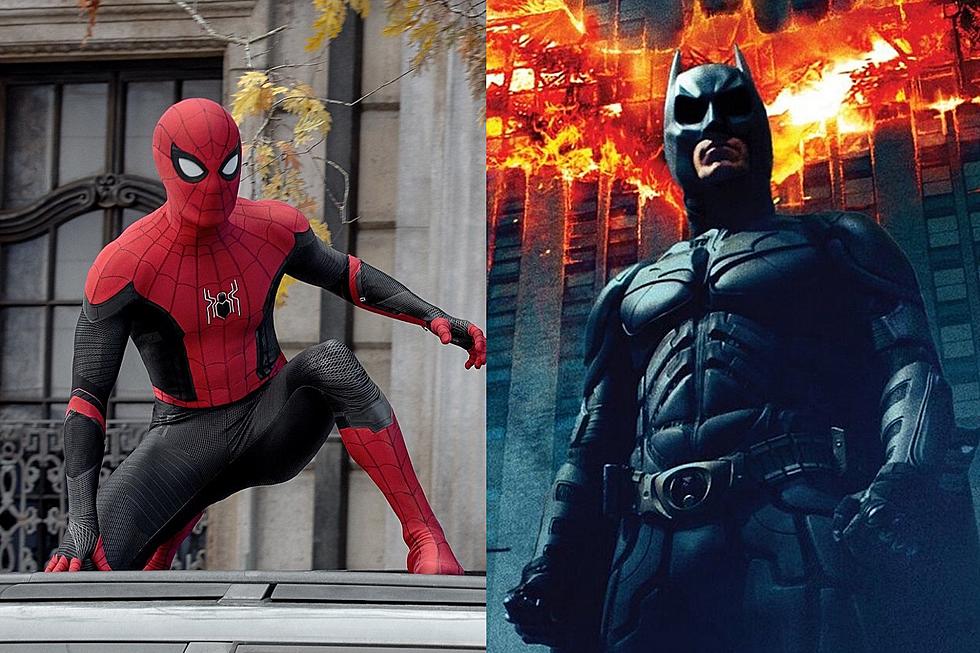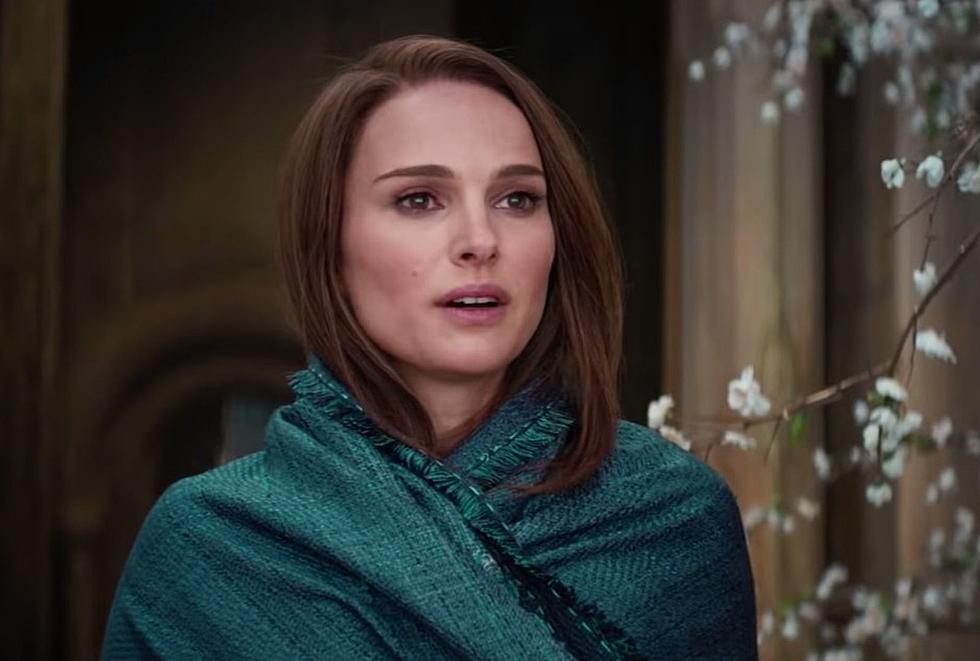
What Is Going On With ‘Falcon and Winter Soldier’s Villains?
In 1987, actress Valerie Harper got into a dispute with NBC over her pay for the popular sitcom Valerie. Believing she held a strong negotiating position — after all, what is a show called Valerie without Valerie? — she walked out on the production while negotiating for a raise. Eventually, the producers and network grew tired of Harper’s demands and her refusal to show up for work. They began filming episodes without her, then fired her completely. Sandy Duncan became Valerie’s new star, and the show was renamed Valerie’s Family. Without Harper, Valerie’s Family (later renamed The Hogan Family) lasted four more seasons on NBC and CBS.
The Falcon and the Winter Soldier is like the Marvel Cinematic Universe version of Valerie’s Family. It’s a show that exists to continue the fictional stories around a central character who never actually appears onscreen. In TFATWS’ case, that’s the original Captain America, Steve Rogers, who retired from a life of professional superheroism at the end of Avengers: Endgame. The Falcon and the Winter Soldier follows two of his former partners on an important mission, but really the show is about the vacuum that Cap’s retirement left behind in the MCU. Everyone who appears in TFATWS lives in Steve Rogers’ enormous shadow.
For example, in The Falcon and the Winter Soldier’s fourth episode, a character says “I didn’t think there could be another Captain America until I met you. Back then, there was only good and bad, but the world’s more complicated now. People are lost. They need a leader who looks like them, who understands their pain. Someone who understands that today’s heroes don’t have the luxury of keeping their hands clean.”
Interestingly, this dialogue is not about the Falcon (Anthony Mackie) or the Winter Soldier (Sebastian Stan). It doesn’t even refer to the show’s new Captain America, John Walker (Wyatt Russell), who pales in comparison to his predecessor. No, that dialogue is exchanged between two members of the villainous Flag-Smashers, and specifically refers to the group’s leader, Karli Morgenthau (Erin Kellyman).
It’s not shocking that a Flag-Smasher might compare Karli to Cap —terrorists see themselves as the heroes of their stories all the time — but that big speech does expose a huge problem with The Falcon and the Winter Soldier: The Flag-Smashers are incredibly underdeveloped villains, fighting for vague goals against an even more ill-defined enemy. Karli’s followers might think she’s a persuasive leader. The Falcon and the Winter Soldier viewers see little evidence of that power, and have little idea what she really stands for or who she’s fighting against.
Karli’s group is introduced in Episode 1 of The Falcon and the Winter Soldier via second-hand information; Falcon’s military contact tells him about online chatter about a new group whose “manifestos” have begun popping up online. “Basically they think that the world was better during the Blip,” he says, referring to the events of Avengers: Infinity War when Thanos used the Infinity Stones to wipe out half of all life in the universe. The Avengers brought everyone back in Avengers: Endgame, but figuring out where those returned people would live wasn’t something you could figure out with a snap of your fingers. Torres also notes that the Flag-Smashers “want a world that’s unified without borders,” which apparently explains their name. (In reality, the name comes from a Marvel Comics villain called Flag-Smasher who wanted to topple every government around the globe.)
In Episode 2, Falcon tells Bucky that the Flag-Smashers have “connections with rebel organizations all over Eastern and Central Europe.” Falcon and Bucky interrupt a Flag-Smasher truck hijacking, but are overmatched by their Super Soldier abilities. Later, the new Captain America and his partner Battlestar (Cle Bennett) explain that they have come into conflict with the Flag-Smashers because they work for something called the “Global Repatriation Council,” the group charge with reintegrating those who returned from the Blip back into society.
In Episode 4, Falcon actually confronts Karli and they have a long conversation about her “supremacist” beliefs, a notion she calls “ridiculous.” “Everything I do is to end supremacy,” she adds. “These corporations and the beasts who run them, they’re the supremacists!” When he accuses her of starting a war, Karli replies “They started a war as soon as they kicked us out of our new homes and onto the street. People all around the world need me, millions of them.”
That’s what Karli says. What do we actually see? A small band of Super Soldiers wandering around Europe, stealing supplies. The Falcon and the Winter Soldier attempts to wrestle with the consequences of a reality-altering act like the Blip, but in practice the show looks basically like every previous Marvel Cinematic Universe film, and nominally like our own plus a few extra superheroes. Battlestar describes how “chaotic” the world has gotten since the Blip, but the world of TFATWS doesn’t appear any more distressed than normal. Talk of refugee camps, millions of people starving and desperate, remains just that — talk.
Even with all that dialogue about the Flag-Smashers, there’s a lot that’s ambiguous about their agenda. What does protecting refugees have to do with creating “a world that’s unified without borders?” Even more fundamentally, if they believe things “were better during the Blip,” why does that mean getting rid of countries altogether? It’s not like the governments of the world disbanded during Avengers: Endgame. The Flag-Smashers refer obliquely to “The Cause” they are fighting for. Exactly what that cause is seems to shift from episode to episode or scene to scene, like that random moment in Episode 4 about “supremacist” corporations.
The Falcon and the Winter Soldier offers even less detail about the Flag-Smashers’ enemies, the Global Repatriation Council. In Episode 2, Captain America and Battlestar explain that the “GRC” is “in charge of “managing resources for the refugees who were displaced by the return.” Episode 3 opens with a television commercial for the GRC, which includes the voiceover, “We’re here to help you find your way. Helping you back into your homes and jobs. Helping you navigate changes to society, laws, and borders. Helping you get back to the way things were.”
These seem likely relatively benign goals, so why are the Flag-Smashers hellbent on destroying the GRC? It’s hard to know, because the only Falcon and Winter Soldier characters affiliated with the organization are Captain America and Battlestar (who, admittedly, aren’t the most sympathetic representatives). If the show featured literally anyone else who worked for the GRC and who could articulate who they were, that would go a long way toward helping audiences form any sort of opinion about them.
Superficially, the way The Falcon and the Winter Soldier treats the Flag-Smashers and the GRC recalls the way Marvel’s WandaVision hid whoever was manipulating Wanda through the first two-thirds of its season. But WandaVision was a trippy tour through television history with two damaged superheroes; that was its emphasis, not whatever mysteries floated through the background. (It was also only 30 minutes a week, compared to TFATWS’s hourlong episodes.) The Falcon and the Winter Soldier is a much more straightforward action-adventure, one that has in recent weeks focused in on the battle between the Flag-Smashers and the GRC over everything else. All of the groundwork laid in the series’ first hour establishing Falcon and Bucky’s separate lives back in America have been almost completely abandoned while they chase one amorphous group chasing another nebulous enemy.
The hole at the center of this show where the GRC should be might conceal a big twist — the Power Broker, whoever he is, could be controlling the group, or Emily VanCamp’s Sharon Carter could be secretly working for them as well. Some of the muddy writing around the Flag-Smashers could be the result of producing a major television series in the middle of a pandemic that made the large crowd scenes particularly difficult and risky. Or perhaps Marvel got cold feet about filling their second Disney+ television show with overtly political content, and decided to limit the parallels between the Flag-Smashers and real-world migrants, or between the GRC and actual white supremacists.
No matter why Marvel did it, it’s an issue. Falcon and Winter Soldier themselves remain compelling characters, and John Walker is a particularly fascinating addition to the Marvel Cinematic Universe. (Where Steve Rogers embodied America’s ideals, Walker represents its bleaker reality.) If The Falcon and the Winter Soldier simply focused on that trio and their fight for right to carry Captain America’s identity into the future, it might have really been something. Instead, it’s a show that’s not even about Valerie’s family; it’s about some folks Valerie’s family met who did questionable things for unclear reasons.
Sign up for Disney+ here.
Gallery — The Weirdest Marvel Products We’ve Ever Seen:
More From Mix 97.1










